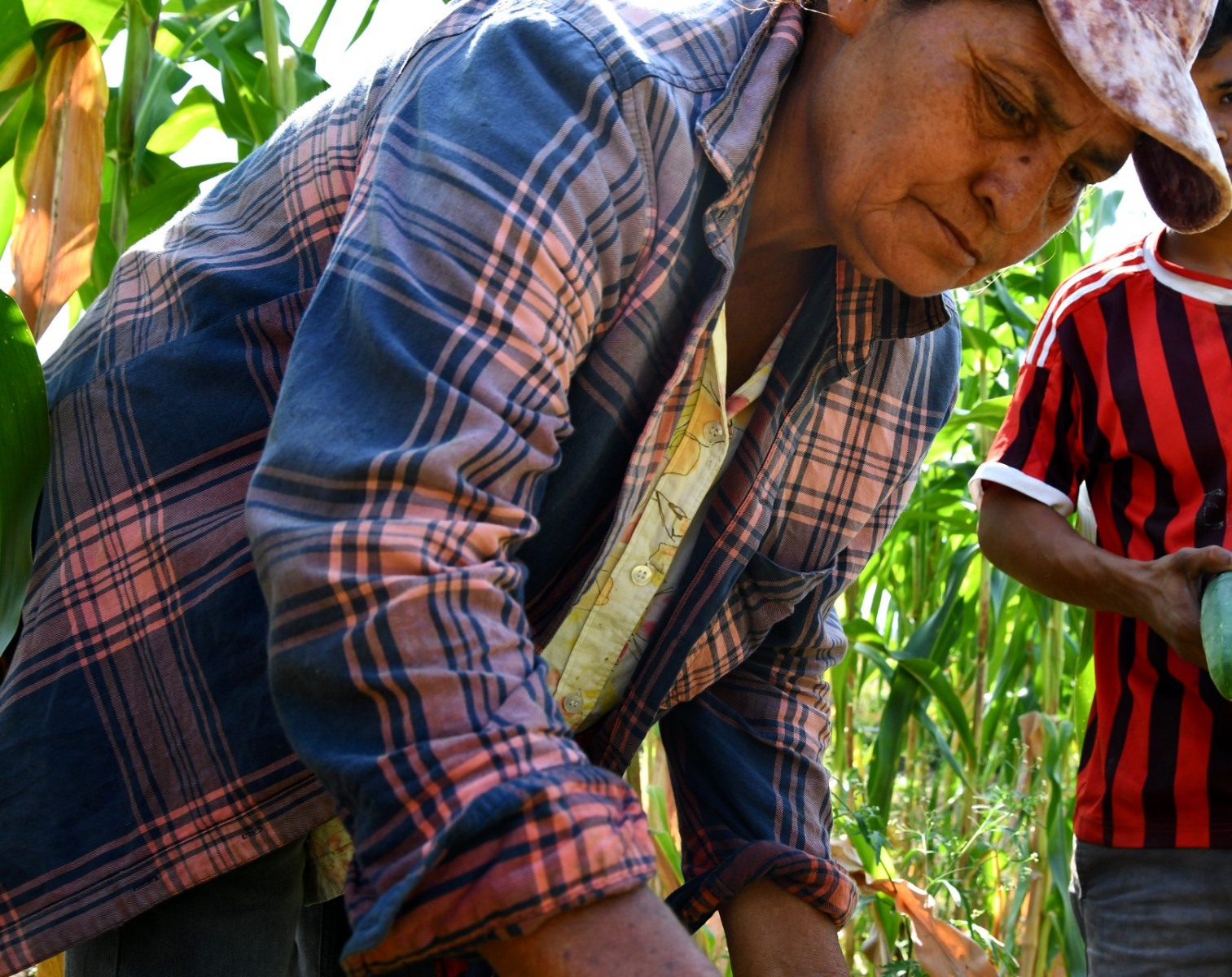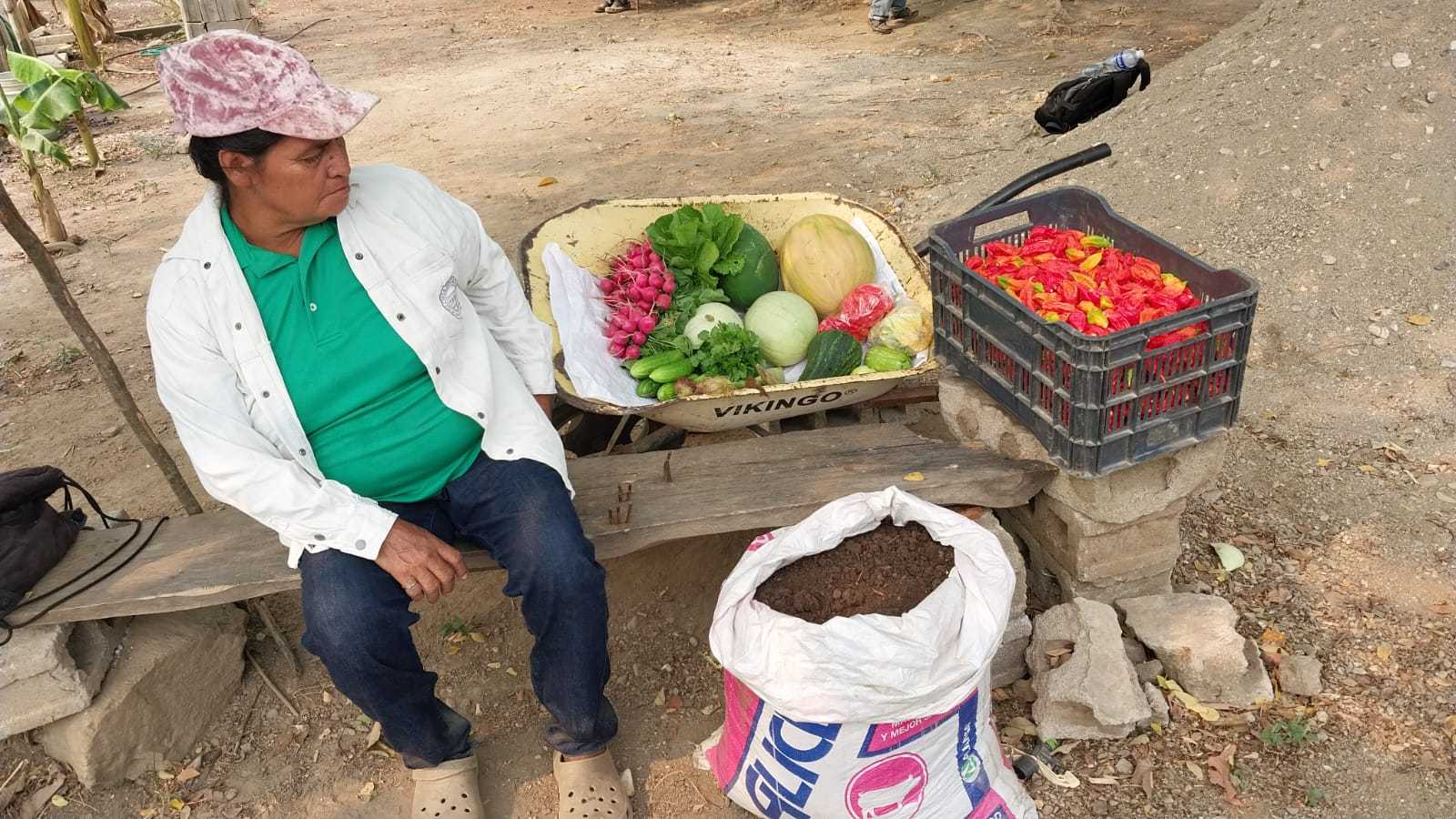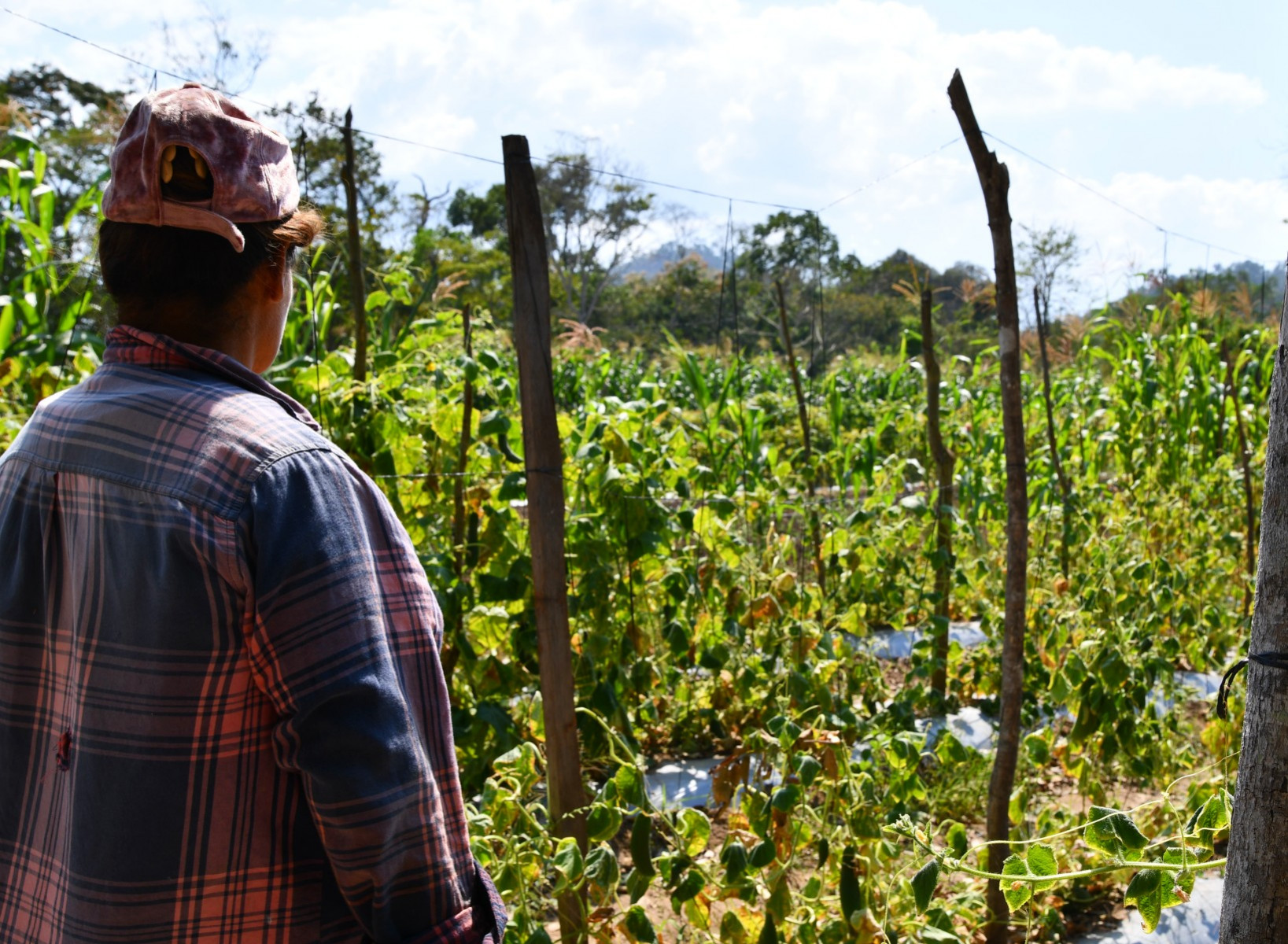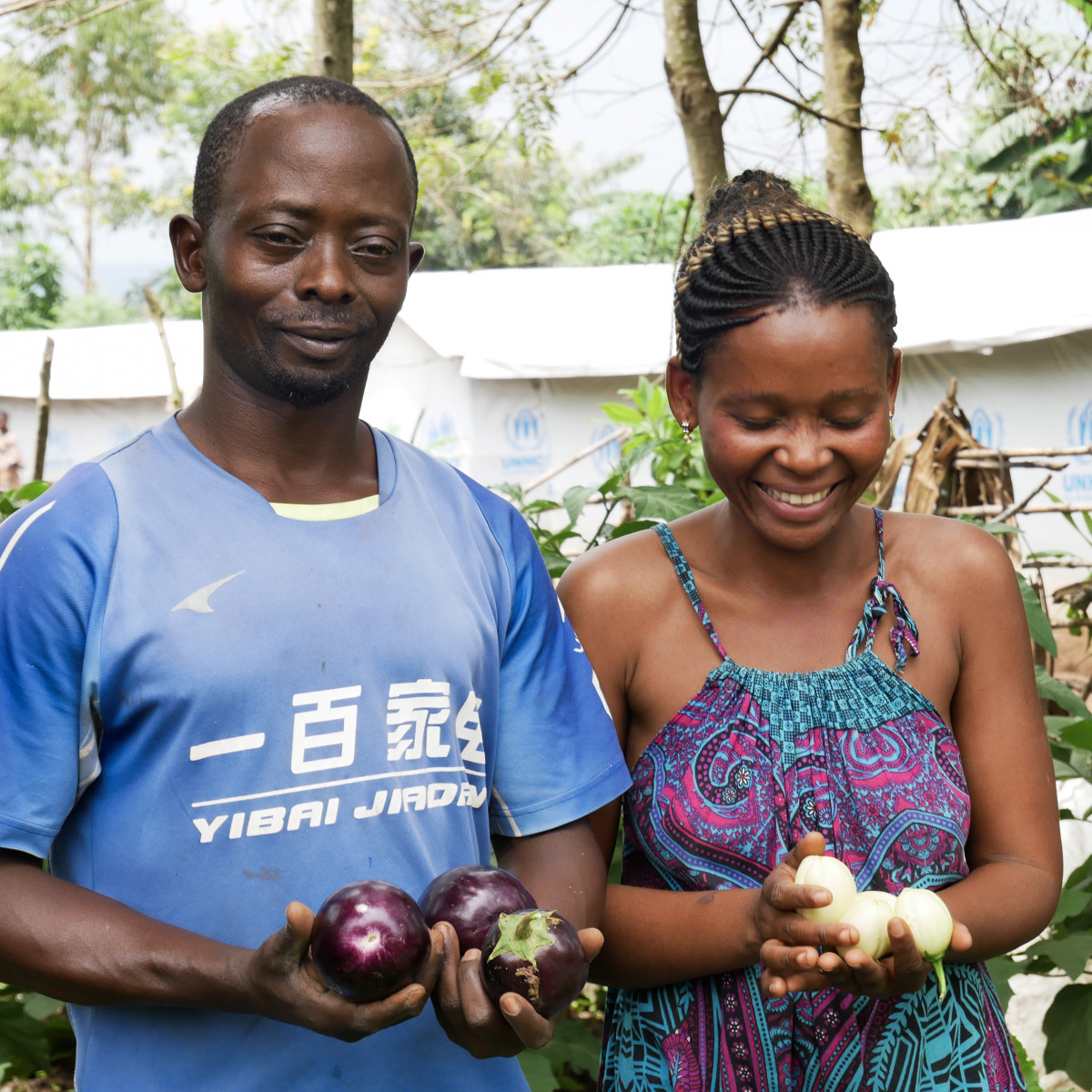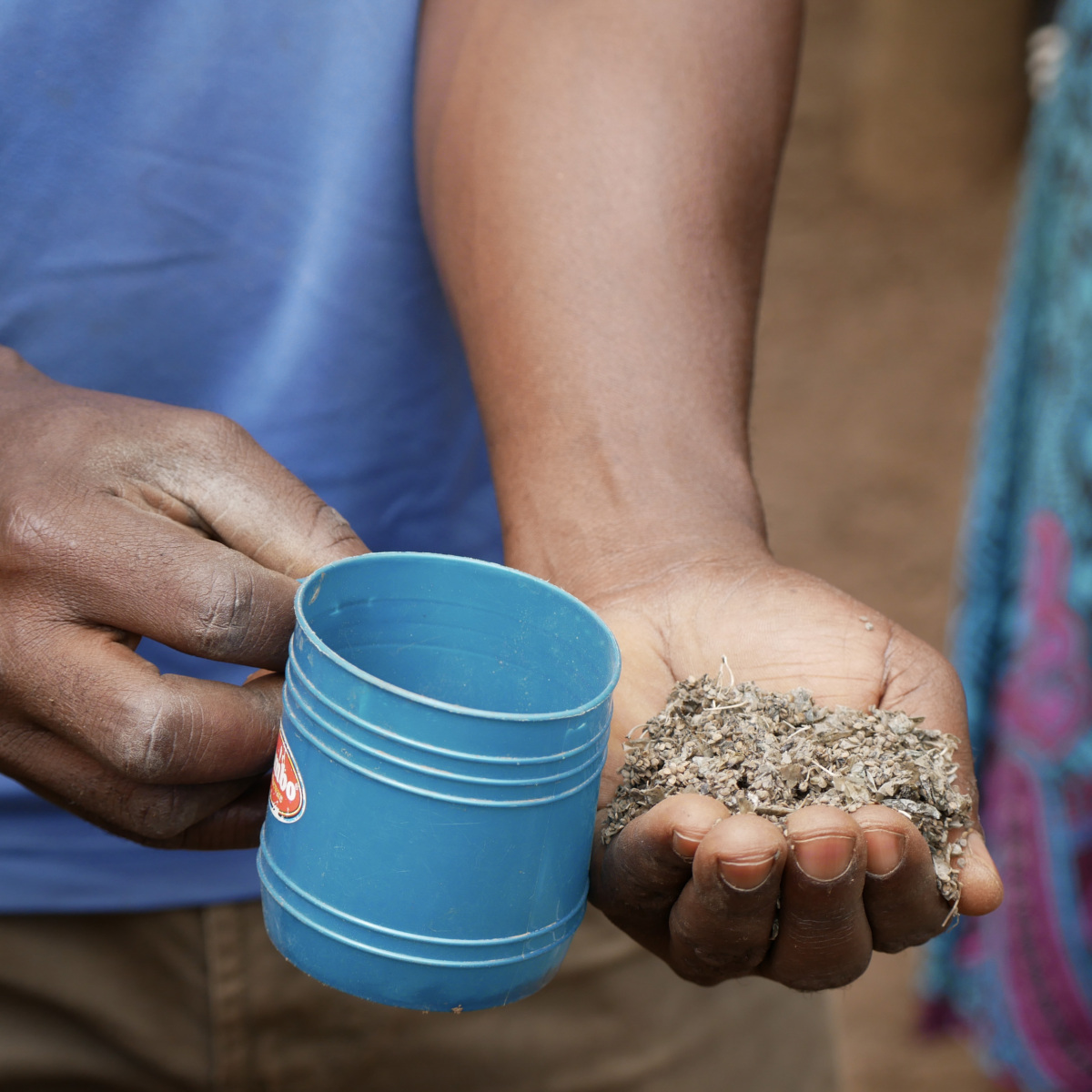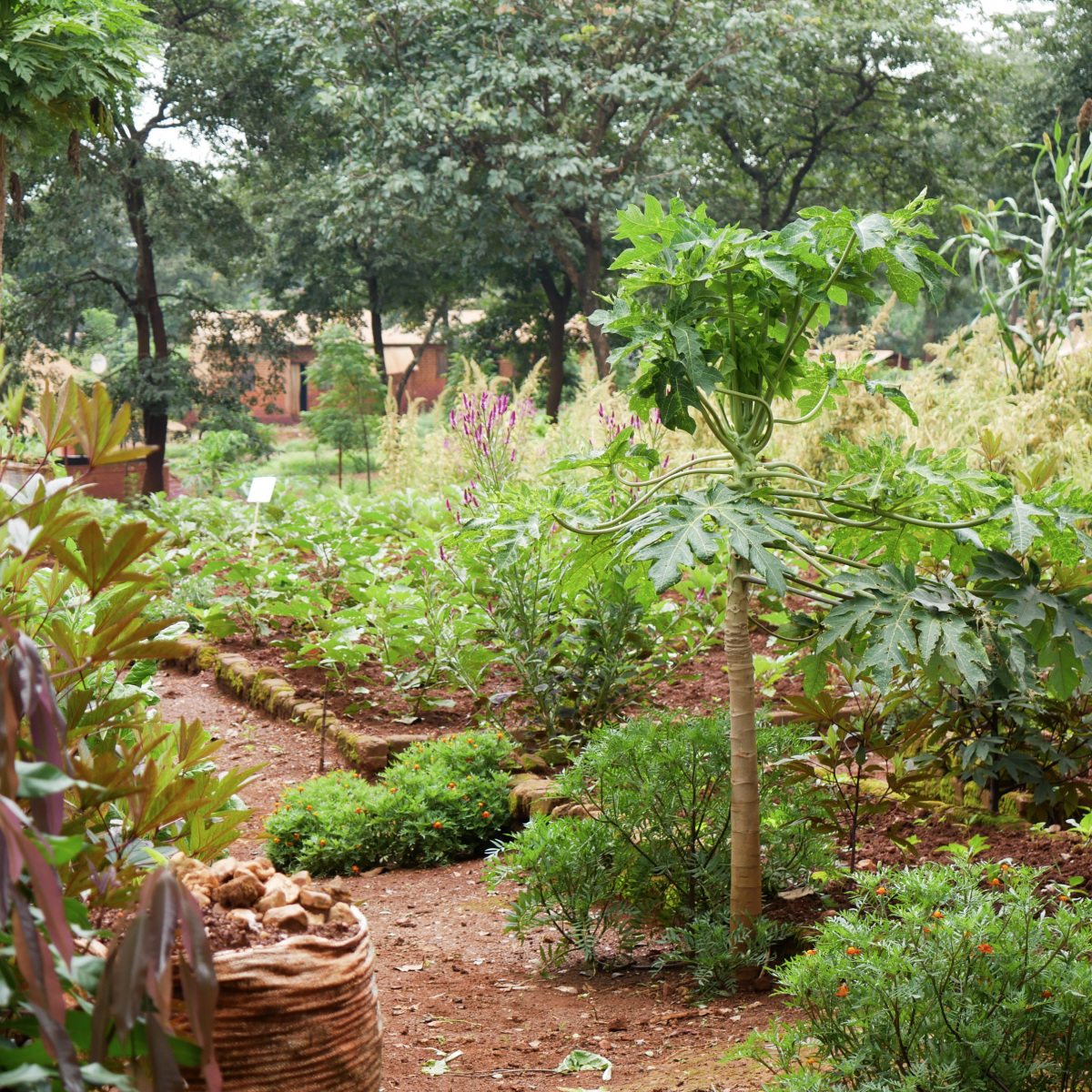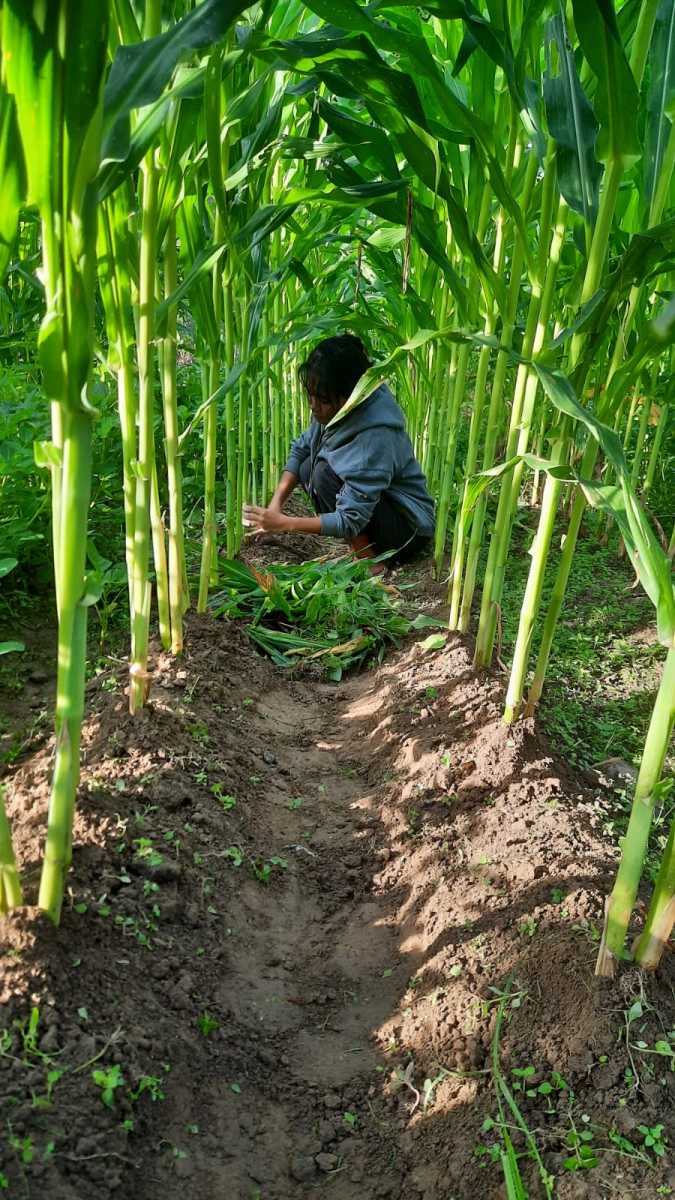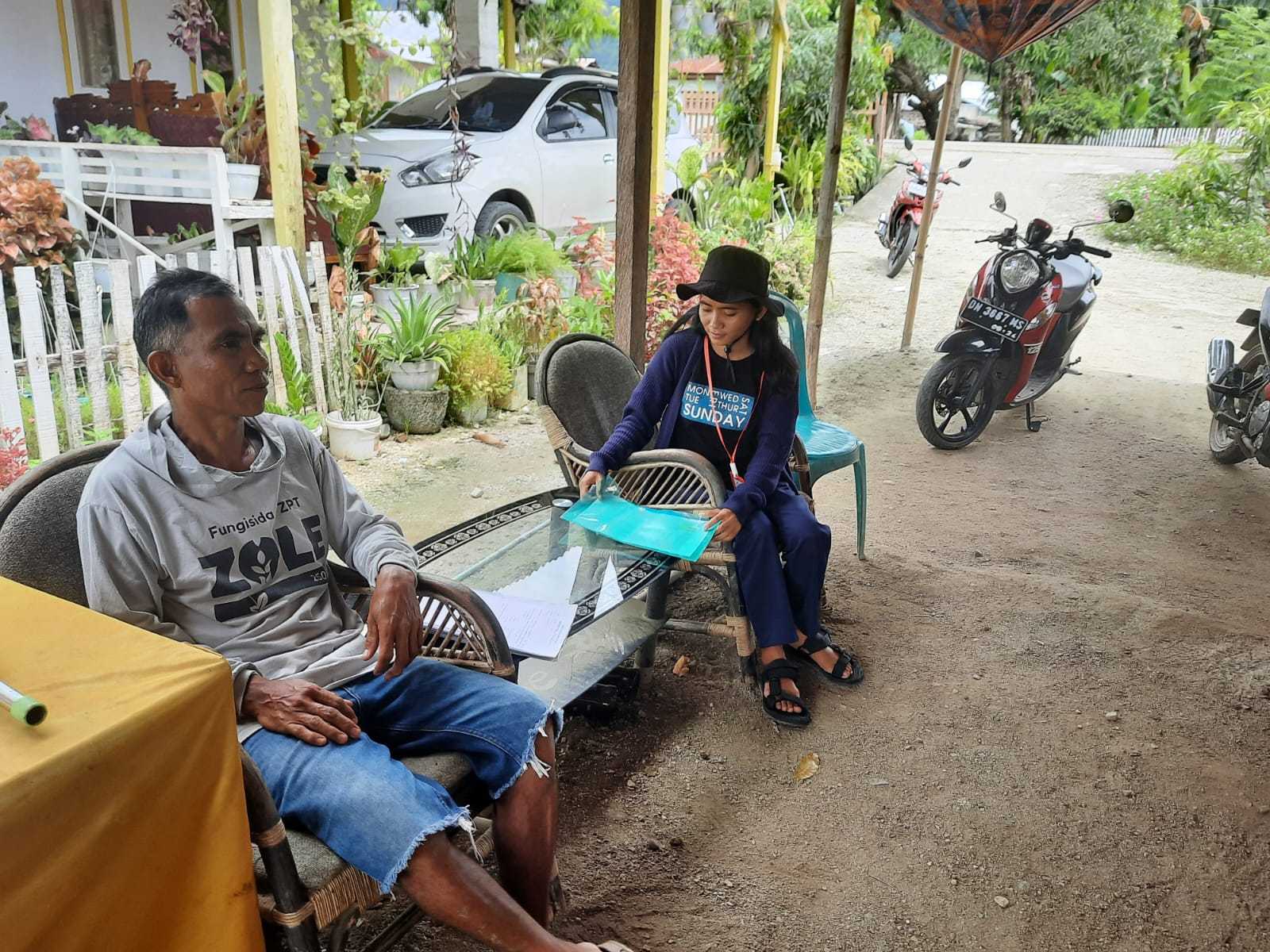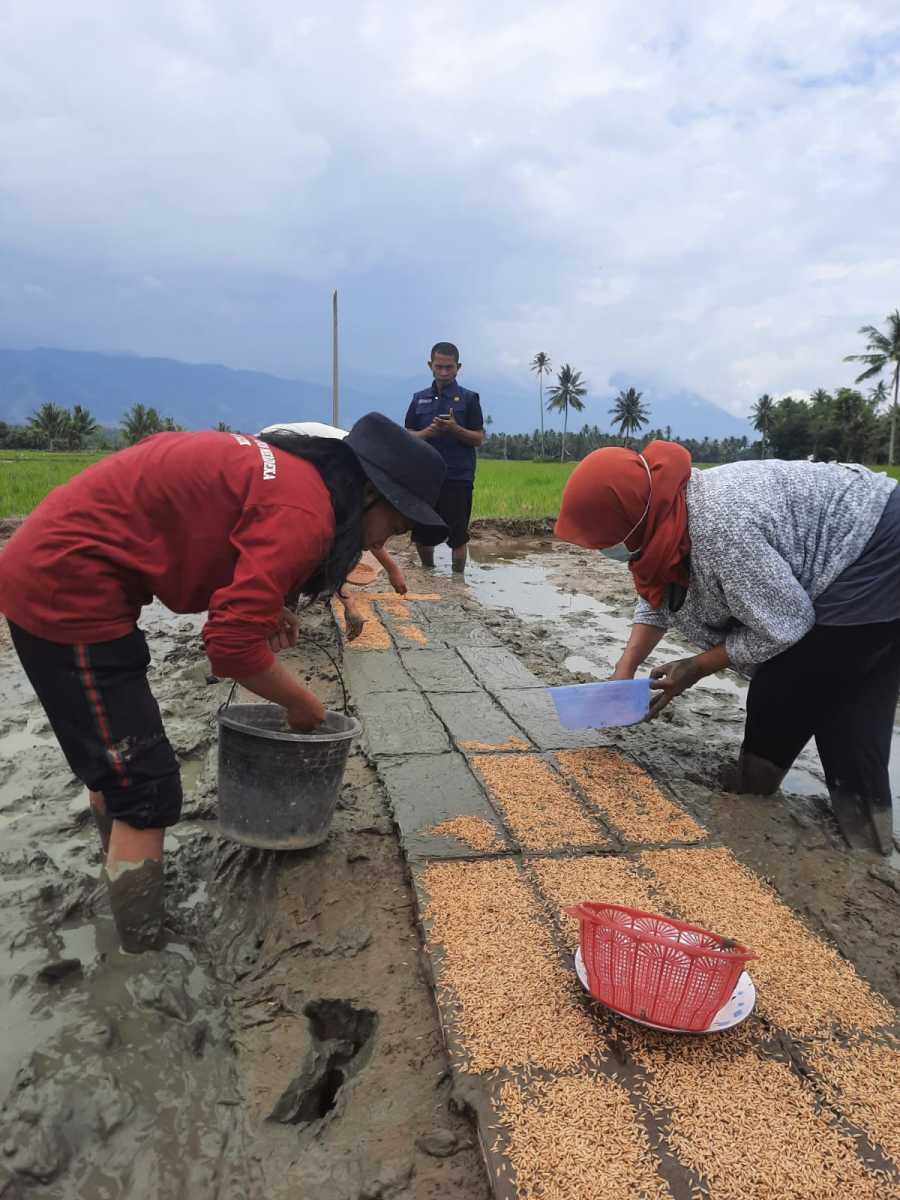The world is currently experiencing a food crisis of unprecedented proportions. Conflict, climate extremes and poverty are among the primary drivers that have caused up to 309 million people across 71 countries to face chronic hunger.
What causes global hunger?
The world produces enough food to feed everyone on the planet. The issue isn’t supply—many of our global neighbors are unable to access nutritious food for themselves and their families due to challenges like extreme weather, food waste, conflict and gender.
Conflict is one of the greatest contributors to global hunger. In fact, 60% of the world’s hungriest people live in conflict zones, and 8 out of 10 of the world’s food crises are driven by war and persecution. Food insecurity worsens when conflict forces large numbers of people to flee their homes and livelihoods, and when it restricts access to life-saving assistance.
Communities around the world are also feeling the growing impact of climate change. The effects of changing climates, like drought or disasters, destroy crops and undermine a person’s ability to put food on the table for themselves and their families. Currently, over 80% of the world’s hungriest people live in disaster-prone areas, and over the last three decades, the number of extreme weather events has doubled.
Active conflicts and climate change can both cause food shortages and disrupt economic activities, the shocks of which further contribute to instability by driving up food prices in a dangerous cycle that forces many millions of people to go to sleep hungry. According to the World Food Program, in more than half of the countries experiencing conflict or natural disasters, economic shocks made the problem even worse, impacting 96 million people.
CWS walks alongside communities all around the globe to combat food insecurity. Read below to learn more about our work and the individuals who are adapting to these challenges.
Scroll through the images above to see program participants Santos, Ebocwa and Nadia and Vicha in action
Through our programs in Honduras, individuals are not only learning how to grow food in sustainable ways, but are becoming leaders in their communities, ensuring that their neighbors also have the tools and knowledge to maintain food security. Doña Santos is one of these individuals, leading the charge on sustainable agriculture and women’s empowerment. She is part of a group of women who received livestock, learned how to grow their own fruits and vegetables and received on training on entrepreneurship, women’s rights and self care. She shared that she no longer has to go out to buy food because “everything comes from the land.”
Nyarugusu refugee camp in Tanzania is home to over 140,000 refugees, making it difficult to ensure that all of its inhabitants have stable nutrition. Here, CWS invites individuals to partake in our sustainable gardening program, which provides refugees with the skills needed to grow their own food while simultaneously teaching invaluable lessons including leadership, gender equality and environmental protection. Ebocwa and Nadia are one of the couples in this program. When they first arrived at the camp after fleeing the Democratic Republic of Congo, they struggled to feed their four children, some of whom struggled with nutrition-related diseases. Now, they have a flourishing garden in their backyard and no longer need to worry that their family will not be fed.
In Indonesia, 21-year-old Vicha was invited to participate in our program DREAM2 where she gained vast agricultural knowledge on various topics, including irrigation systems, land management, organic fertilizers, organic pesticides, climate-smart agriculture and agricultural product marketing. Thanks to her determination in the program, Vicha not only has a reliable livelihood as an agriculturalist but is ensuring her community can withstand the effects of climate change and maintain a stable food source.
These three programs and individuals are just a snapshot of the work CWS is doing to combat hunger. By empowering our program participants and exploring solutions that address the root causes of hunger, we are committed to securing the right to a sustainable and nourishing food supply for every community across the globe.
To learn more about our work combating hunger, you can click here. You can also join your local CROP Walk and walk alongside your neighbors to help raise money for these life-saving programs.

